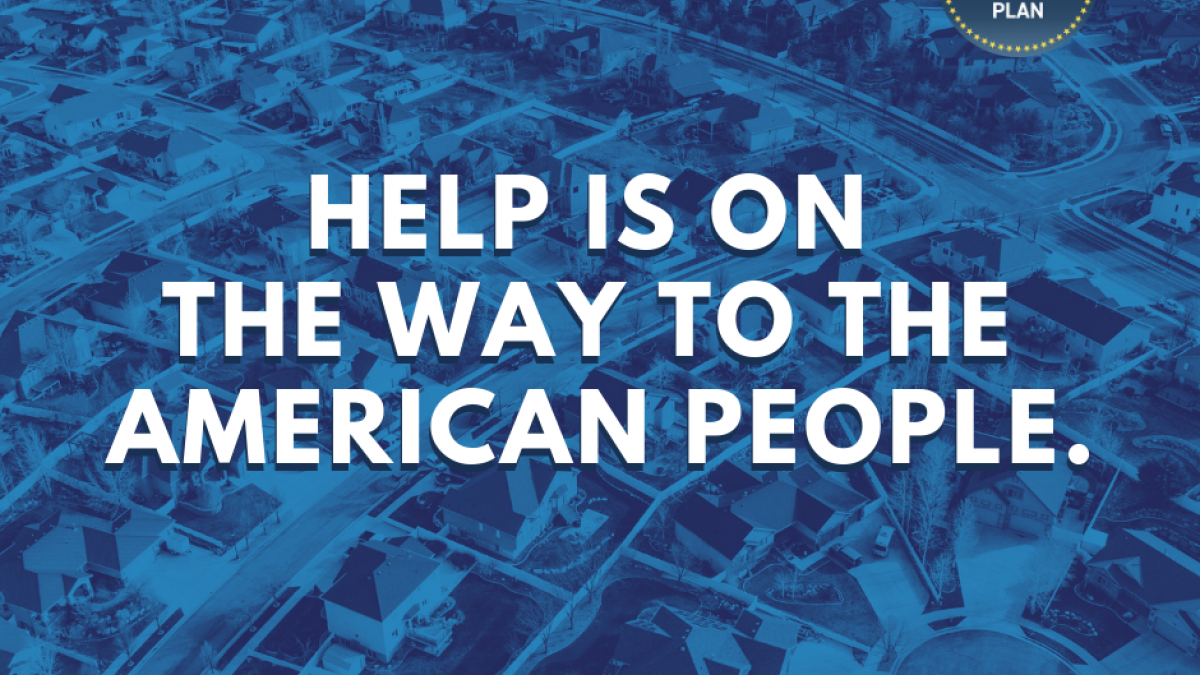The covid bill passed in the House today, and just a few minutes later Merrick Garland was confirmed as attorney general. Finally. Earlier today, Rep. Marcia L. Fudge (D-Ohio) was confirmed as the new secretary of housing and urban development. We’re on a roll.
Polls, including a new CNN poll, have found that the covid bill is very popular with the U.S. public. I suspect it will become even more popular as its provisions go into effect and people learn what they all are..
It got not one Republican vote in either the Senate or the House.
Naturally, there are pundits saying that the Democrats are taking a big risk with this bill. At National Journal, for example, veteran pundit Charlie Cook says that by ramming through this huge bill with no input from Republicans, President Biden is killing the possibility of any other bills passing with Republican votes.
“Biden may have, in the early moments of his term, crippled his ability to do grand bargains,” Cook sniffs. “When the histories of the Biden presidency are written, there’s a fair chance that this will be looked upon as a serious error of judgement—one that may plague this administration for a good while.”
Yeah, I remember all the success President Obama had with “grand bargains.” I guess Charlie Cook has forgotten that.
Republicans also are calling the bill a “liberal wish list.” Like that’s a bad thing. Paul Waldman:
Another word for “wish list” is “agenda.” And yes, Democrats have used the American Rescue Plan to advance a good deal of their agenda. That’s what happens when a party gets power: It passes legislation, and that legislation reflects the preferences of its members and their constituents. That Republicans are treating that as somehow unusual or inappropriate is positively bizarre.
That goes along with Republicans’ deeply held belief that no Democratic official is ever legitimately elected.
What Republicans should worry about is that, after years of gridlock, at least some things are going to happen. Lots of people will benefit directly from the covid bill, with more money in their pockets. The rate of vaccination is picking up considerably, and I suspect most of us who are really eager to get vaccinated (I got mine already) will get that accomplished in the next couple of months. Barring further disasters, the economy should be heating up considerably soon.
Meanwhile, Republicans seem to be engaged in nothing else but gutting popular voting provisions in their states. They are not just passing bills that are blatantly aimed at suppressing minority votes; they are putting up obstacles to voting that will suppress their own voters.
Republicans are flogging culture war issues as hard as they can. But they are having a hard time connecting outrage about un-gendered plastic toys to Joe Biden.
The difference between now and 12 years ago — when we were also in the midst of an economic crisis and had just passed a large stimulus bill — couldn’t be more stark. Back then, Republican culture-war rabble-rousing was focused directly on the president, with every one of Barack Obama’s policies shunted through a prism of resentment and White status anxiety. …
… But when the leader of the Democratic Party is Joe Biden, the whole enterprise of linking that cultural anxiety to policy arguments breaks down.
Further, I think a whole lot of people are just exhausted. They’re exhausted with the pandemic, and they’re exhausted after four years of perpetual acrimony blasting out of the White House. Joe Biden is the un-Trump.
Republicans clearly are hoping that 2022 is a rerun of 2010, when perpetual bashing of President Obama and incessant misinformation about the Affordable Care Act gave Republicans a big win in the midterms. It took people a few years to figure out that the Affordable Care Act is a good thing. In states that didn’t accept enhanced Medicaid, a lot of people still haven’t figured that out.
But next year, Republicans may find themselves challenged to explain why they didn’t vote for the American Rescue Plan.
Also today: I’m hearing on MSNBC that there’s a new audio tape of Trump pressuring another Georgia official to give him the election. There’s a real possibility Trump will face credible criminal charges about Georgia, IMO.

